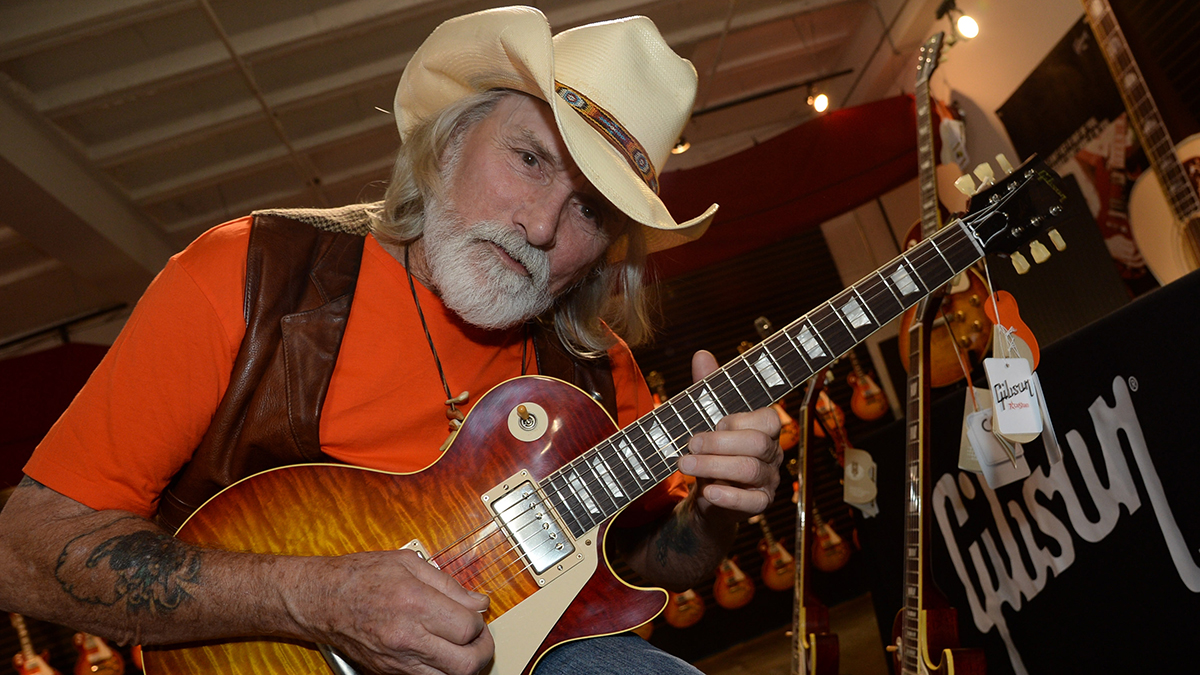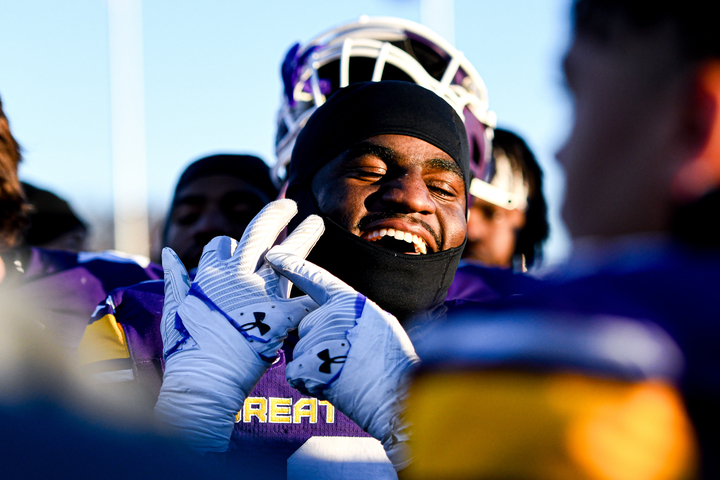Back in the day, actually in the mid-seventies, during Democrat Jerry Brown’s first go-round in the Governor’s Office, he described his governing style as the “canoe theory” of politics. He “paddled” a little to the left, “paddled” a little to the right, and then glided down the middle.
That theory has largely steered Governor Brown’s conduct throughout his 40-plus years in and around politics; it’s evident in the way he’s been approaching his job since he took office for his second gubernatorial tour in 2011.
One of the Governor’s key duties is approving or vetoing legislation that makes it to his desk. The chore is always a political mine field, but no more so when a flood of bills rains down on him in the waning days of the legislative session.
My colleague Conan Nolan examined some of Brown’s veto messages issued at the end of the 2011 session— the Governor’s first since his previous turn as the state’s chief executive, 30 years ago. And, yes, Brown was still paddling away.
This year, as the clock ticked off the final hours of the legislative session, Brown took up his political paddle once again. This time it was to navigate the rocky shoals of the run-up to this November, when Californians will vote on Proposition 30, the Governor’s tax initiative, designed to help balance the state’s budget. Brown, some argue, has paddled too hard to the right, attempting to convince California voters he’ll rein in Sacramento spending.
According to the Los Angeles Times, “in a nod to Republicans,” Brown approved a bill authorizing “construction of a statue of former President [and California Governor] Ronald Reagan, who famously declared, ‘Government is the problem.’” Not surprisingly, in his signing message Brown mentioned that Gov. Reagan “demonstrated courage and unique leadership ability” by “raising California taxes when he saw they were needed.”
Paddle to the left? A little.
Brown signed into law—with little time to spare—a bill that allows California to grant driver's licenses to young, undocumented immigrants getting temporary work permits through a new Obama administration “deportation relief policy.”
U.S. & World
He gave the state’s politically potent labor unions a tip of the hat by signing a bill establishing the California Secure Choice Retirement Savings Program, the nation’s first state-administered retirement savings program for private-sector workers. The powerful Service Employees International Union (SEIU) praised the legislation as “a bold step in the fight against elder poverty.”
Tack again to the right? Yep.
Brown vetoed another piece of legislation of vital importance to immigration activists. The Trust Act, the L.A. Times explained, “would have barred local law enforcement officials from cooperating with federal authorities in detaining suspected illegal immigrants, except in the cases of serious or violent crime.”
He also vetoed a bill, sponsored by the United Farm Workers, that would have made it a crime for farmers not to provide “adequate” shade and water to their field workers. This time, union praise was missing.
Said an angry United Farm Workers President Arturo Rodriguez, "The UFW is appalled at the governor's decision to deny farm workers the basic legal tools to protect themselves from employers who intentionally put their lives at risk by refusing to provide them with adequate water and shade,"
And so it goes. Will the Governor’s “canoe theory” serve him well this November, when his critical fiscal plan is on the ballot?
Jerry Brown is still rowing hard to reach the finish line;



